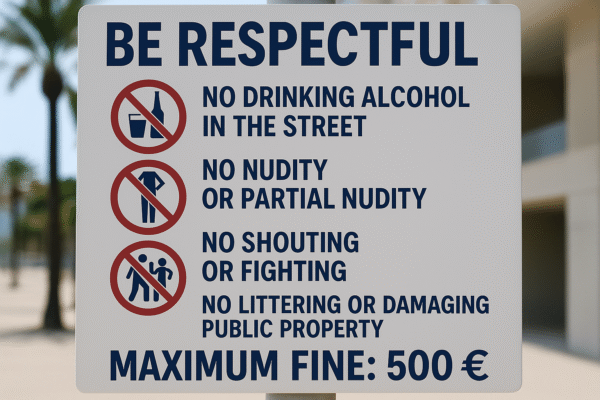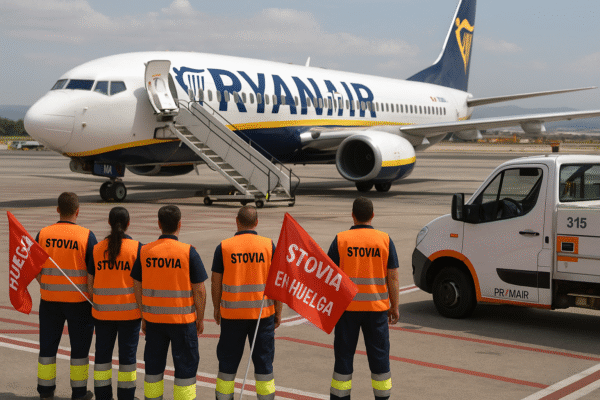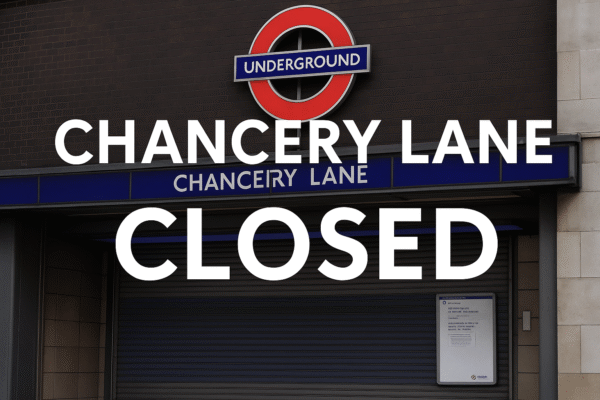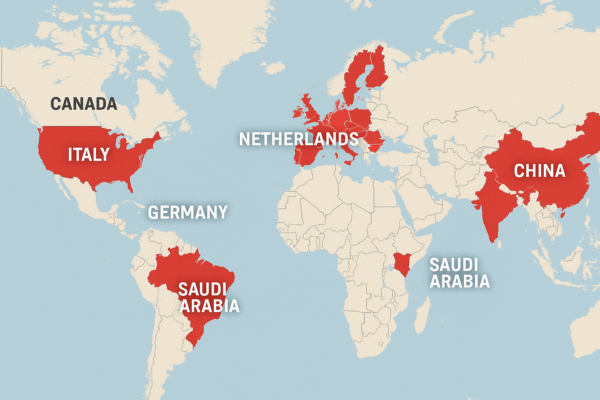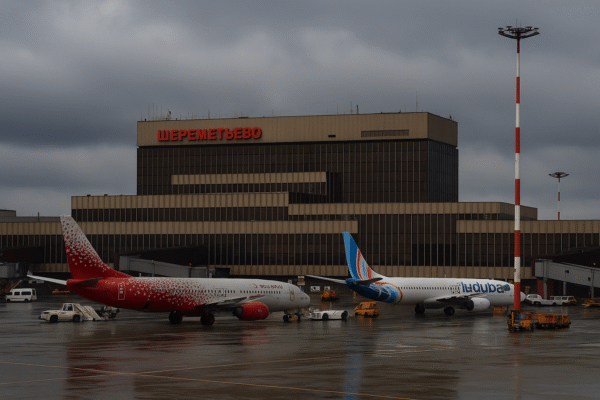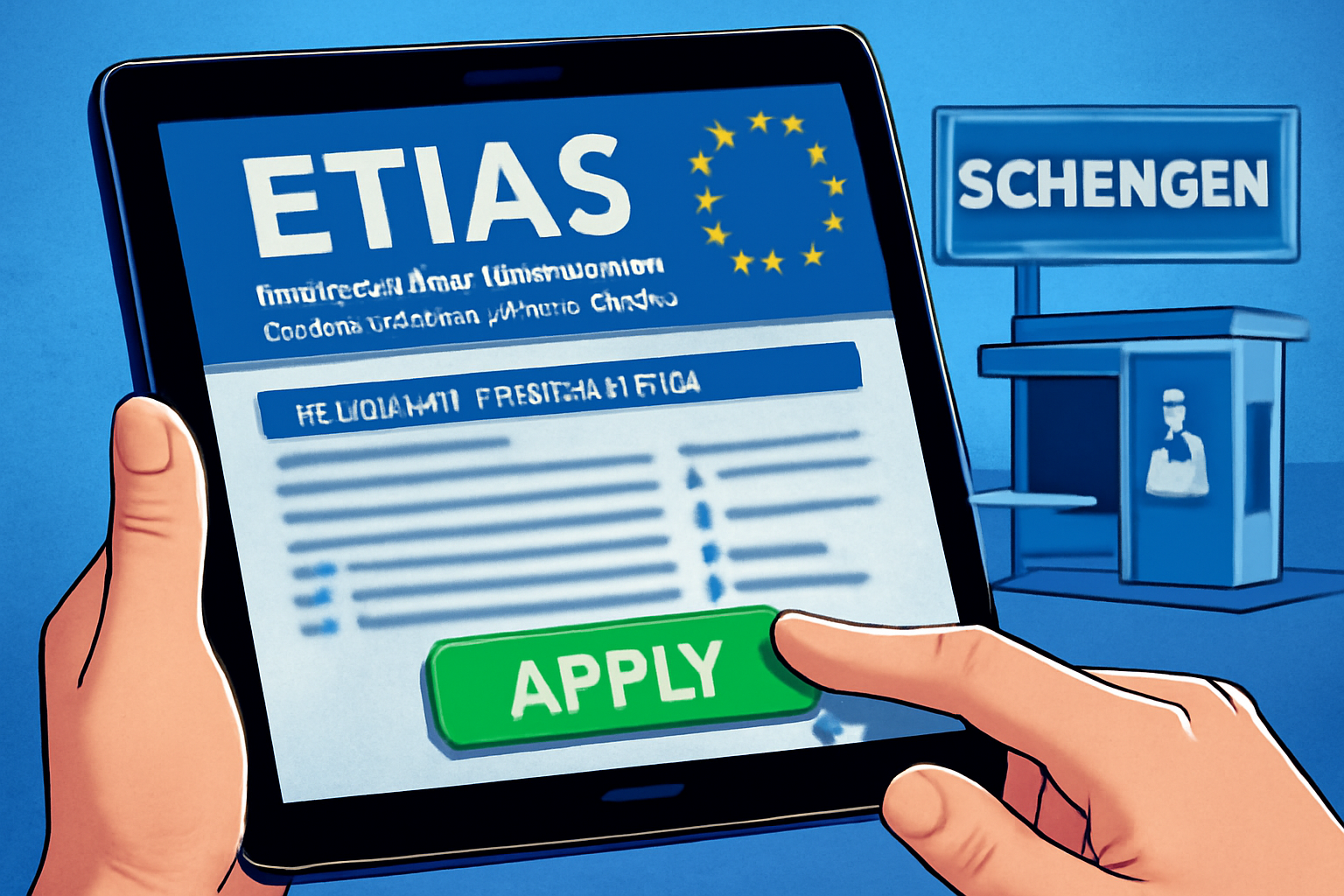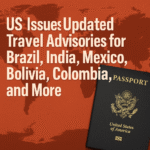In 2025, UK travelers will be faced with higher travel costs as the European Union introduces new visa regulations, including biometric checks and a mandatory travel authorization for entry into the Schengen Area. The introduction of the European Travel Information and Authorisation System (ETIAS) is one of the most significant changes in Europe’s entry process, potentially raising the cost of holidays and business trips for British tourists.
The ETIAS system is set to launch next year and will be a mandatory requirement for nationals from visa-exempt countries like the UK, seeking to make short-term visits to European Union countries. While this travel authorization is currently slated to cost €7 (approximately £5.98), the European Union is considering raising the fee before the system officially comes into effect. This change comes at a time when the EU is facing significant financial pressures due to its post-COVID recovery efforts.
The Impending Fee Increase and Its Implications
Initially, the ETIAS fee was set to be €7, a relatively affordable cost for travelers. However, as the EU seeks to raise money to help pay off the €350 billion debt incurred during the recovery process, the fee is likely to increase before the system is fully implemented. The European Commission is looking to generate around €215 million from this fee, although the additional charges will be used to cover operational costs related to the system’s rollout.
For UK tourists, this means that travel to the EU could become more expensive, particularly when combined with the administrative complexities of post-Brexit travel regulations. The increased ETIAS fee will add another layer of cost, potentially discouraging some tourists from traveling to Europe, especially those on a budget-conscious trip.
While the ETIAS fee may be subject to an increase, it is still lower than similar travel authorizations. For example, the Electronic Travel Authorization (ETA) required for non-British nationals to enter the UK costs £16, while the Electronic System for Travel Authorization (ESTA) for UK citizens visiting the United States costs $21 (approximately £15.60). The ETIAS fee, even if raised, will likely still be more affordable than these other international travel requirements.
Exemptions and Special Considerations
The ETIAS system will apply to short-term stays in the Schengen Area, including holidays, business trips, and other visits lasting up to 90 days within any 180-day period. However, there are certain exemptions to the fee, particularly for specific age groups. Travelers under 18 and those over 70 will not be required to pay the fee. Additionally, individuals who already have a valid visa to the Schengen Area will not need to apply for an ETIAS authorization.
Another important exemption is for those traveling with Irish passports—these travelers will not need to apply for ETIAS to visit Schengen Area countries.
Currently, the ETIAS scheme is not yet operational, and travelers should be cautious of fraudulent websites claiming to offer ETIAS services before the system’s official launch. Travelers are encouraged to rely on official sources and government websites for accurate information on the authorization process once it becomes available.
ETIAS and Its Role in EU Security
The introduction of the ETIAS system is a significant step in the EU’s broader efforts to enhance border security and streamline travel processes. The system aims to provide authorities with more detailed information about travelers before they arrive in the Schengen Area, including data on potential security risks. This pre-screening process is expected to improve efficiency and safety for both travelers and EU member states.
The ETIAS system will be fully digital, and travelers will be required to complete an online application that includes basic personal information, travel details, and answers to security-related questions. Once approved, the ETIAS authorization will be valid for three years or until the traveler’s passport expires.
For the EU, the system is also a financial strategy, aiming to recoup some of the costs incurred from COVID-19 recovery and budget deficits. With increasing demand for advanced digital infrastructure and border security measures, the EU is also looking to ensure that visitors can travel without unnecessary delays, while at the same time ensuring the protection of its borders.
Future Prospects for UK Tourists
As the ETIAS system moves closer to launch, it will mark another layer of complexity for UK tourists traveling to the EU. The post-Brexit landscape has already caused some confusion, with British travelers now needing to meet new visa and documentation requirements. Adding the ETIAS fee to these complexities may lead some to reconsider their travel plans to Europe.
However, the ETIAS system also offers a more streamlined and digital approach to travel, potentially reducing the need for multiple visa applications and improving security and travel convenience for many tourists.
As the European Commission finalizes its plans, UK travelers are encouraged to stay informed about the latest regulatory changes and application processes for ETIAS. It is essential for travelers to ensure they are prepared for the changes to avoid unnecessary delays or complications during their travels.
Conclusion: Preparing for Evolving Travel Regulations
With the ETIAS system set to change the way UK citizens and other travelers interact with the Schengen Area, the next few months will be crucial in preparing for the shift in EU travel policies. As the EU looks to raise funds for its post-COVID recovery and improve border security, travelers will face the challenge of adjusting to new travel requirements, including potentially higher fees and the added complexities of biometric checks.
For UK tourists, the introduction of the ETIAS fee represents another hurdle in post-Brexit travel, but it also serves as a necessary step to enhance the global mobility of Europeans and visitors alike. As the situation unfolds, it will be essential to stay updated on official EU communications to ensure a smooth transition into this new chapter of European travel.
For more travel news like this, keep reading Global Travel Wire




